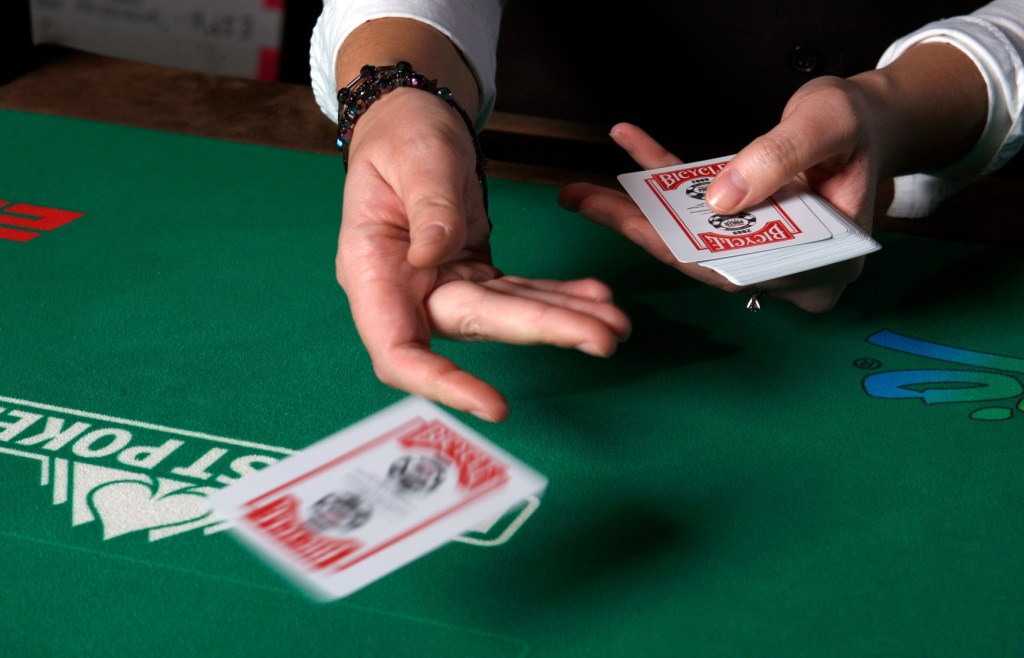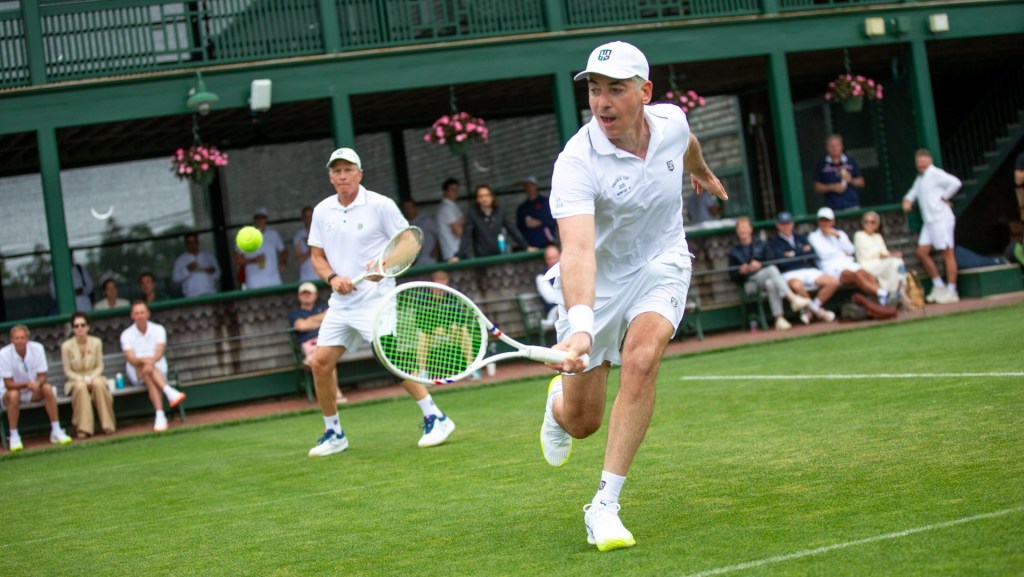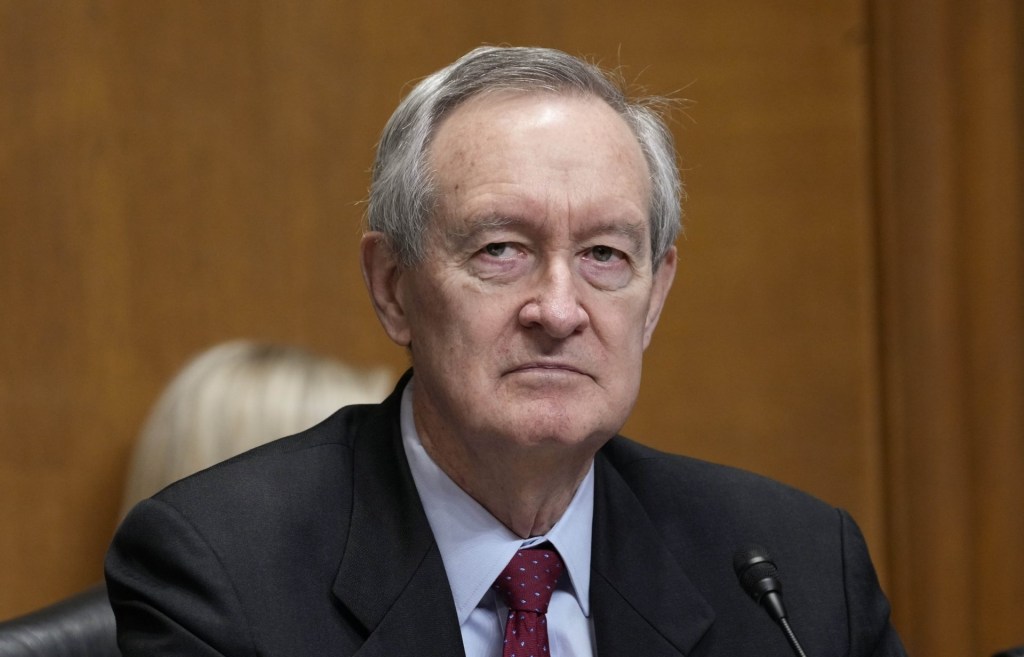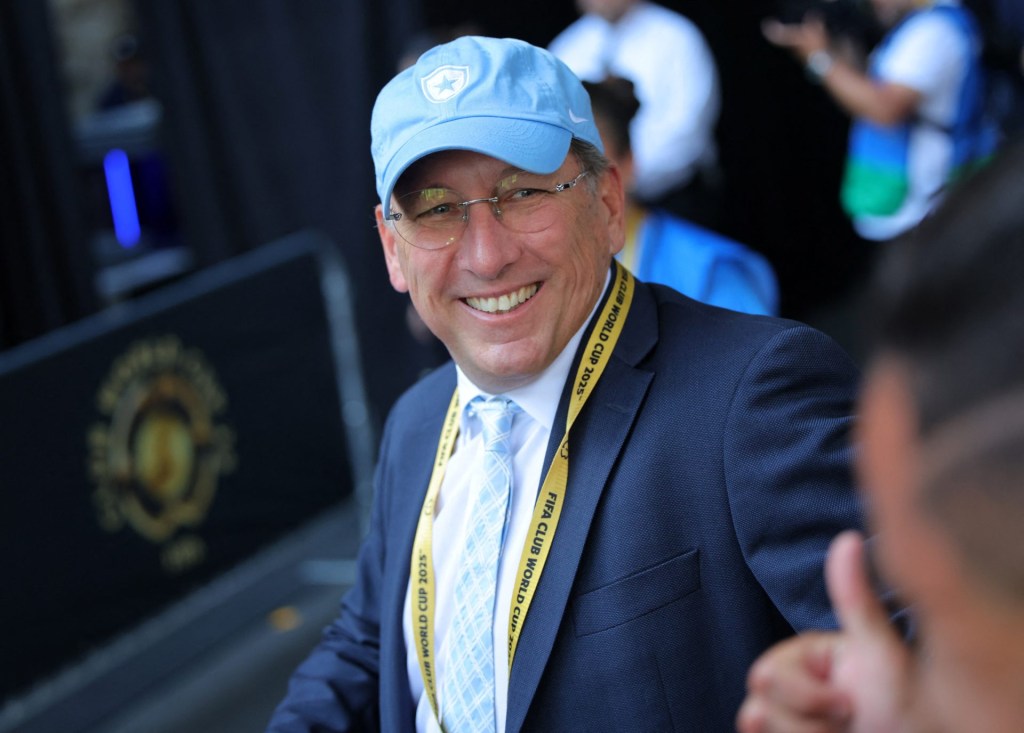By: Joe Barca, @BarkyCat

Front Office Sports is proud to have sat down with Joel Maxcy, President of the International Association of Sports Economists and Associate Professor and Sport Management Department Head at Drexel University. As President of the IASE, Joel helps put together conferences around the world to help bring together sports economists. He was gracious enough to offer up his time and insight about the growing sports economics industry, what you can do to get yourself into it and why he was drawn to it in the first place.
Going in to college, did you think of sports as a career path?
No, not at all. In fact, when I started college, sport management programs and any programs that focused on the sport business were either not started yet or just getting going. I think Ohio University is credited as starting the first sport management program in the late 1970s. There were still very few programs up until about 1990, but since then the number has increased substantially. In college at the University of Maine I was straight up an economics major. I never really gave it much thought that economics applied to sports until I got into my Ph.D. program. I liked sports, knew a lot about sports, regularly competed in sports, and attended sports events, but I never considered the sports business as a career path as an undergraduate.
When did you break in to the field of sports economics — what made you stay?
Rod Fort was my dissertation adviser at Washington State in the early 90s. He already had dabbled a lot in sports economics at that time and had done some of the seminal research while I was a graduate student, including authoring the book, Pay Dirt [with Jim Quirk]. Toward the end of my time at WSU Rod offered one of the first sports economics classes taught at the university level. His work on developing a class and generosity in sharing materials proved very beneficial to me a short time later.
While a grad student, I mostly focused on labor economics and industrial organization. Because both of those areas have interesting applications to sports I kind of fooled around with applying my research to sports and assisting Rod Fort with his sports projects. For my dissertation, I used baseball data to do a labor market/labor contracting study. Still, at that time, I didn’t have much thoughts of teaching sports economics, but when I entered the profession, the sports management programs were starting to proliferate. I started in the economics department at [State University of New York] Cortland where I taught Sports Economics and from there I went on to the Sport Management program at Ithaca College and then to head sport management programs at University of Georgia and ultimately to Philadelphia.
What is the International Association of Sports Economists [IASE]? What does it offer?
Sport economists started getting together in the mid-1990s, about same the time I finished my Ph.D. A group of American economists began organizing research sessions at the annual Western Economic Association meetings and a few Europeans attended starting in the early 2000s. The IASE was the first formal organization of sports economists and it brought together American and European sports economists, initially meeting in France in 1999. The first meeting of the IASE in the United States took place in New York City in 2002 and since then, we more or less regularly rotated yearly meetings between the two continents. Although a the bulk of us are in the United States and Europe, at this point, our mission is to spread the organization further around the world as there are researchers worldwide. About a year ago, we met in Rio de Janeiro and that was the first conference we had in South America and it just so happen to fit in well with the Olympics being down there. In 2017, we will be heading to China to host our next big conference as we continue to try and spread sports economics around the globe while helping bring interaction and communication between sports economists everywhere.
As the President, what are your main responsibilities/toughest challenges?
On the one hand, I’m a faculty member and department head in Sport Management at Drexel. So I do the usual things, conduct research and teach classes to our students which takes up a fair amount of my time. As the President of IASE I work closely with our four Vice Presidents that are spread around the globe to set up conferences where we can facilitate opportunities for people to present research and create a formal network of sports economists. We also consider the practical side to our research and include as an objective the diffusion of sports economic research so as to provide information to sport policy and business decision-makers beyond academia.
Advice for those who are looking to enter the field of sports economics?
If you want to be an academic sports economist you most likely need to go to graduate school and earn a doctorate in economics. There are now more economists on sport management faculties than ever before and there are now several doctoral programs that offer sports economist training. For example, the [University of] Michigan program now has three or four of the top sports economists on its sport management faculty, including Rod Fort and Stefan Szymanski. So now you don’t necessarily have to go into economics, you can go into a Sport Management program and focus on economics. If you are not interested in research, but rather a career that involves economics aspects of sport, such as sport finance or labor relations, an MBA, law school, or a top sport management master’s program may also fit the bill.
You can follow Joel on Twitter here or connect with him on LinkedIn here!

















